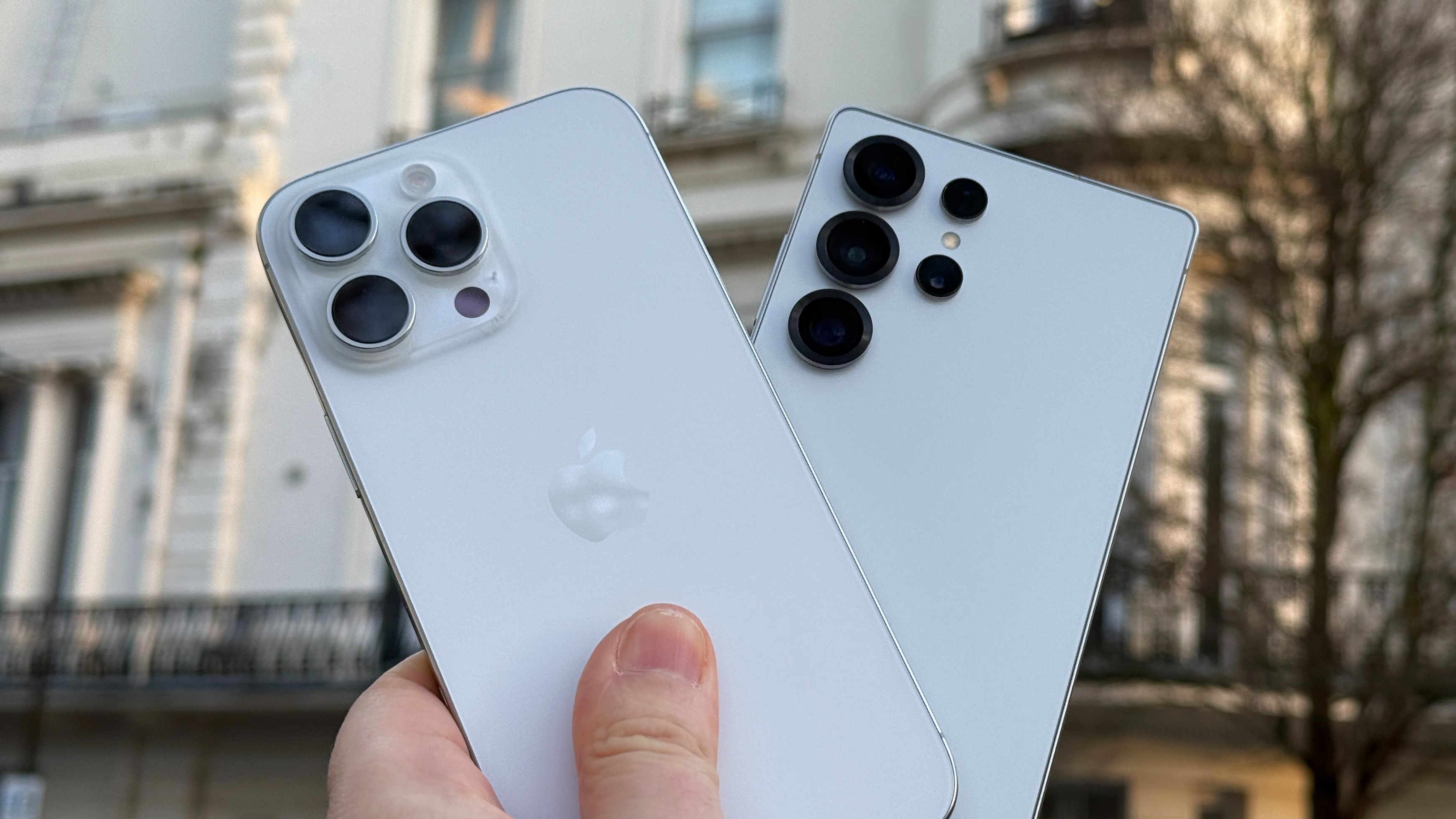I’ve been masking synthetic intelligence, or no less than matters that contact upon it, for many of my know-how journalism profession, and lengthy earlier than generative AI was one thing the general public might simply entry with relative ease. But prefer it or lump it, AI could be very a lot the excitement of the second in and past the know-how world. So it was shocking that at WWDC 2025, Apple form of performed down the topic.
Sure, Apple Intelligence was current and would seem like extra built-in into Cupertino’s numerous software program platforms than it was beforehand. But many of those options seem to enhance present instruments quite than create all-new ones; AI can work out the common routes you’re taking within the iOS 26 Maps app, for instance.
I’d additionally argue that Apple added sensible options, comparable to Live Translation within the Messages and FaceTime apps, nearly as a method to sustain with Google’s and Samsung’s AI efforts of their flagship smartphones, quite than paved the way or hone present tech into one thing particular.
Instead, Apple performed up the redesign of iOS, macOS, and extra with using its ‘Liquid Glass’ materials design. And Apple Intelligence appeared to take a backseat; as my colleague Matt Bolton identified, Siri was correctly absent from WWDC and indicative of failure for the digital assistant.
Now I received’t argue in opposition to Mr Bolton, as he raises some good factors, however I’m additionally low-key grateful AI didn’t dominate WWDC.
User expertise first, AI smarts second
I’ve at all times felt that Apple’s energy comes from its person expertise. As locked down as a few of Cupertino’s software program will be, and the walled backyard strategy to its ecosystem, when you’re in stated backyard, all the things does work actually quite properly. From straightforward, safe funds and authentication, to fast file switch between Apple gadgets and customers, and way more.
As an apart, I’ve argued earlier than that I need AI for use for genuinely transformational issues that profit society, not generate pictures of a canine on the moon or write my emails for me. I reckon humanity is healthier off going by way of the challenges of studying higher string sentences collectively or wait to border the proper digital camera shot, than let AI do all the things for them, as that might take us down a darkish path (try Black Mirror on Netflix).
Bringing issues again to Apple and WWDC, I really feel {that a} redesign and the neat addition of helpful options to iOS and macOS will resonate extra with Apple gadget customers than some sensible AI instruments that might really feel a bit of bolted on to a core telephone or laptop computer expertise.
As a person of the iPhone 16 Pro Max and a MacBook Air M2, I’ve entry to a number of Apple Intelligence instruments. But except for a little bit of sporadic flirtation with them and the occasional nod of appreciation in direction of AI-generated summaries of voicemails, Apple Intelligence hasn’t come near altering the best way I exploit my iPhone.
I’ve stated up to now that I discover the current iPhones to be boring however good; they lack the do-anything vibe of the Samsung Galaxy S25 Ultra or the intriguing AI-lead expertise of the Google Pixel 9 household, however merely function smartphones that get stuff achieved rapidly and properly.
I deal with my iPhone as a software quite than a gadget, which does not make it thrilling however does make it the most effective telephones I’ve used, as there’s valuable little getting in my means or distracting me from doing what I have to do.
I feel many different Apple customers share the identical mindset. There’s been an enormous quantity of people that’ve checked out our obtain the iOS 26 developer beta article, which to me reveals there’s a giant curiosity within the Liquid Glass redesign.
Furthermore, in an article I wrote about wanting Samsung so as to add extra AI into its next-generation foldable telephone to really make them simpler, one commenter stated they do not discover AI on telephones to be helpful in any respect and desires choices to show off such instruments.

So whereas tech luminaries wax lyrical about AI and a few folks use it to do numerous issues for them, I get the sensation others would simply favor to have tech that does certainly ‘simply works’ with every enchancment, incremental or in any other case, being about customers, not technological experience.
As such, I feel Apple could have been sensible to focus WWDC extra on visible and slick useful modifications to its core software program than on placing AI within the limelight. After all, I nonetheless really feel AI hasn’t turn out to be sufficiently foolproof and correct to make it vital proper now.
I feel, because it stands, in case you are after an AI telephone, then the perfect Google Pixel telephones are those to take a look at, given they’re constructed from the {hardware} as much as be all about AI. And Google’s telephones have at all times been the gadgets to push extra esoteric options, be that the radar sensors within the Pixel 4 telephones or the AI focus of the previous few generations of Pixels.
In distinction, I’ve at all times seen Apple because the model that totally embraces emergent know-how solely when it has reached a degree of maturity and client understanding.
Given the rocky launch of Apple Intelligence, AI nonetheless being for fanatics than everybody (albeit that may very well be altering quickly), and the way iOS and macOS are finely curated platforms, I feel eschewing AI at this yr’s WWDC will show to have been the sensible transfer for Apple, even when numerous tech commentators and analysts see it as being behind the curve. Now onwards to the iPhone 17…
Do you need extra AI in iPhones? Let me know within the feedback under.
